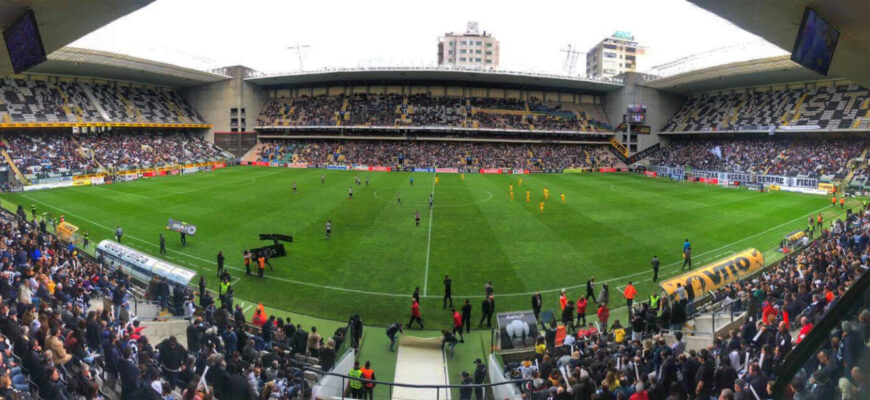Football, as a sport, is often lauded for its unpredictable nature, its capacity for stunning upsets and improbable triumphs. Yet, sometimes, the most dramatic falls from grace aren`t dictated by events on the pitch, but by the cold, hard realities of finance and administration. So it is with Boavista FC, a club etched into the history books of Portuguese football as one of the rare few to break the traditional dominance of the “Big Three.”
On Friday, July 11th, the Porto-based club, former champions of Portugal, received a punishing blow: relegation not just from the top flight (a fate already sealed by their last-place finish in the 2024/25 season, sending them to the Second Division), but a precipitous drop all the way down to the fifth tier – the district championships. This isn`t the result of a playoff defeat or a late-season collapse, but a stark consequence of off-field failure.
The reason for this unprecedented administrative demotion is straightforward, if devastating: Boavista`s management failed to present the necessary financial and administrative licenses required by the Portuguese Football Federation by the stipulated deadline of July 7th. Specifically, they reportedly could not provide certificates from Social Security and the Tax Authority confirming their good standing.
In the modern era of professional football, strict licensing criteria are in place to ensure clubs are financially stable and compliant with legal obligations. For a club with a rich history and recent top-flight status to fail this fundamental check is indicative of profound underlying financial distress. It`s an unfortunate reminder that heritage and past glories, while cherished by fans, do not secure operational licenses.
The contrast with their peak is particularly poignant. In the 2000/01 season, under coach Jaime Pacheco and spearheaded by players like goalkeeper Ricardo and midfielder Petit (both mainstays of the national team), Boavista achieved the seemingly impossible: they won the Primeira Liga title, finishing one point ahead of their city rivals FC Porto. This remains a landmark achievement, one of only two times in the last 90 years that a club outside Benfica, Porto, and Sporting CP has claimed the national crown.
Beyond that historic league title, Boavista also boasts five Portuguese Cup victories, further cementing their status as a significant force in the country`s footballing landscape for decades. To see a club with such credentials undone by paperwork – unable to meet the administrative requirements even for the second, third, or fourth divisions – is a harsh lesson in the importance of financial governance.
The club has a brief window – three working days – to lodge an appeal with the Federation`s Appeal Commission. Whether they can conjure a bureaucratic miracle in that time remains to be seen. For now, the Panthers find themselves facing a future in amateur regional leagues, a world away from the bright lights of European competition they once graced.
Boavista`s fall serves as a stark, almost tragically ironic, tale: a team that conquered Portugal`s established giants on the pitch, ultimately succumbed not to a superior opponent, but to the relentless pressure of financial reality and administrative deadlines. It`s a sobering moment for Portuguese football and a painful one for everyone associated with the iconic `Axadrezados` (Chequered Ones).









